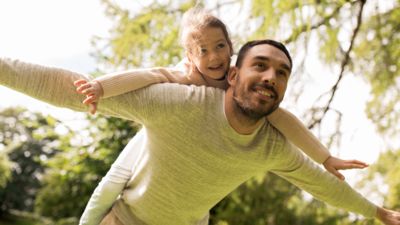Parenting is a vital environmental aspect that affects individual development within the family unit. Research shows that parenting styles are strongly linked to children’s well-being, self-esteem , anxiety and depression. A child’s brain is like an empty canvas that needs to be filled; it is up to the parents to provide the tools for shaping their minds into something beautiful.
Parents play a major role in their kids’ emotional growth and mental health as they are important models of learning. Positive parenting promotes lovingly guiding and nurturing children with empathy and respect for them as individuals. It also advocates for constructive discipline which helps establish strong healthy parent-child relationships.

These fundamental principles are usually referred to as “P”s of positive parenting as follows: Be present: It means being available for your kids emotionally and physically through listening, participating in their activities and providing a stable environment. This love makes children feel safe and cherished thereby preventing any emotional or behavioural issues to be ignored. Patience: The ability to control responses and emotions especially during challenging situations is what patience involves.
Allowing time and consistent effort is necessary to realise that children are learning and developing. Choosing patience over anger helps approach discipline more constructively as well as problem solving. Praise: The best way of promoting self-worth as w.
















